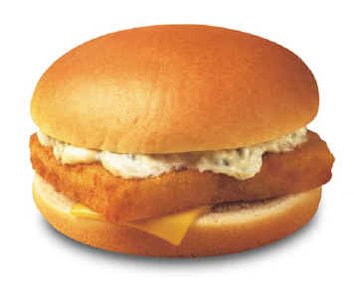TMZ reports that Dane Cook has given up his fight to live in what he believes is an apartment that has a supernatural force.
.jpg) “Cook was evicted from a West Hollywood apartment last August after a jury decided the "comedian" habitually violated the rules requiring him to pick up his dog’s crap.
“Cook was evicted from a West Hollywood apartment last August after a jury decided the "comedian" habitually violated the rules requiring him to pick up his dog’s crap.
“As reported yesterday, Cook threw a Hail Mary at the judge, arguing that hizzoner should block the eviction because the apartment building had almost paranormal qualities — John Belushi and Steve Martin both lived there, and Cook believed if he moved out his creative juices stop flowing and a bad case of writer’s block would ruin his career. Did anyone see "Employee of the Month?"
Cook has apparently abandoned the appeal.
Dog poop contains common pathogens such as tapeworms, roundworms, cryptosporidium, salmonella, E.coli, and many others. Owners, clean up after your dogs and wash your damn hands.
It’s gotten so bad that the Israeli city of Petah Tikva, a suburb of Tel Aviv, has started a six-month trial program where it is matching the DNA of dog poop, either in special containers or found on the street, to a database of registered dogs and their owners.
 “Owners who scoop up their dogs’ droppings and place them in specially marked bins on Petah Tikva’s streets will be eligible for rewards of pet food coupons and dog toys.
“Owners who scoop up their dogs’ droppings and place them in specially marked bins on Petah Tikva’s streets will be eligible for rewards of pet food coupons and dog toys.
“But droppings found underfoot in the street and matched through the DNA database to a registered pet could earn its owner a municipal fine.”
 Alaska pollock.
Alaska pollock.
 Greta Scacchi, who is pictured clutching a cod to her naked body (right, exactly as shown), will doubtless come to be seen as the seminal image for a particular moment, when the gruelling, knotty business of campaigning around food issues finally became sexy.
Greta Scacchi, who is pictured clutching a cod to her naked body (right, exactly as shown), will doubtless come to be seen as the seminal image for a particular moment, when the gruelling, knotty business of campaigning around food issues finally became sexy. A customer was eating at
A customer was eating at .jpg) “Cook was evicted from a West Hollywood apartment last August after a jury decided the "comedian"
“Cook was evicted from a West Hollywood apartment last August after a jury decided the "comedian"  “Owners who scoop up their dogs’ droppings and place them in specially marked bins on Petah Tikva’s streets will be eligible for rewards of pet food coupons and dog toys.
“Owners who scoop up their dogs’ droppings and place them in specially marked bins on Petah Tikva’s streets will be eligible for rewards of pet food coupons and dog toys.